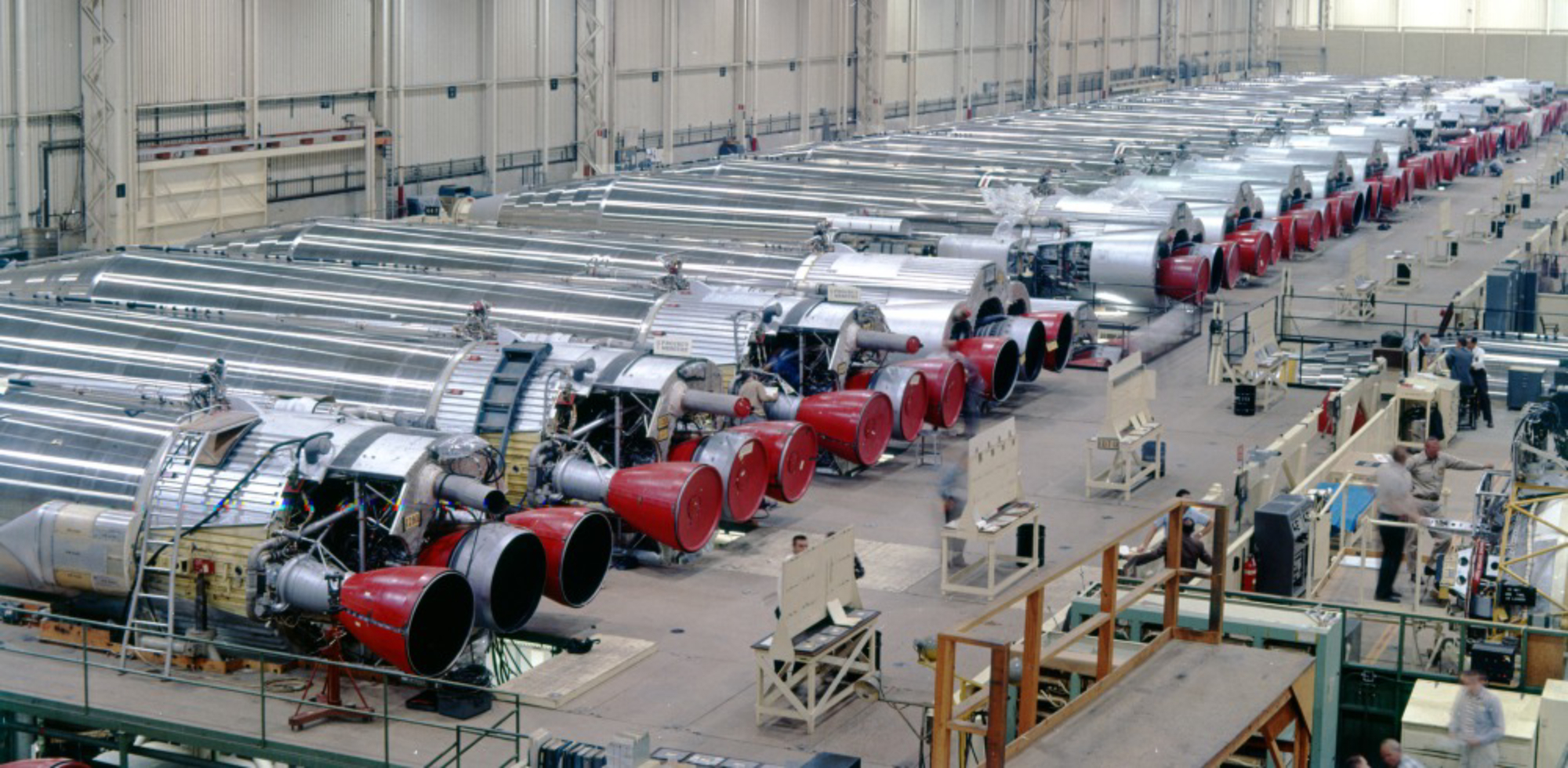The virtual seminar will be held from 12:30-2:00 p.m. (E.T.)
The U.S. nuclear bureaucracy and nuclear weapons advocates have long held that the U.S. nuclear arsenal, especially the triad of air, sea and land-based nuclear weapons and delivery systems, has been a necessary and prudent means to prevent nuclear war. This talk will highlight evidence showing the U.S. nuclear buildup in the Cold War was essentially arbitrary, uncoordinated, counterproductive, largely unrestrained, and needlessly expensive, and shaped by faulty assumptions, fear, strict secrecy, interservice and laboratory rivalry, contractor competition, and pork barrel politics—among other factors. These same drivers are currently at work in enabling current plans for the largest and most expensive upgrade of the U.S. nuclear arsenal in the last four decades.
About the speaker: Stephen Schwartz is the editor and co-author of Atomic Audit: The Costs and Consequences of U.S. Nuclear Weapons Since 1940 (https://www.brookings.edu/book/atomic-audit/). Currently an independent writer and consultant on nuclear weapons history, Schwartz is also a nonresident senior fellow at the Bulletin of the Atomic Scientists. He previously was the publisher and executive director of the Bulletin of the Atomic Scientists and also served as editor of the Nonproliferation Review.
